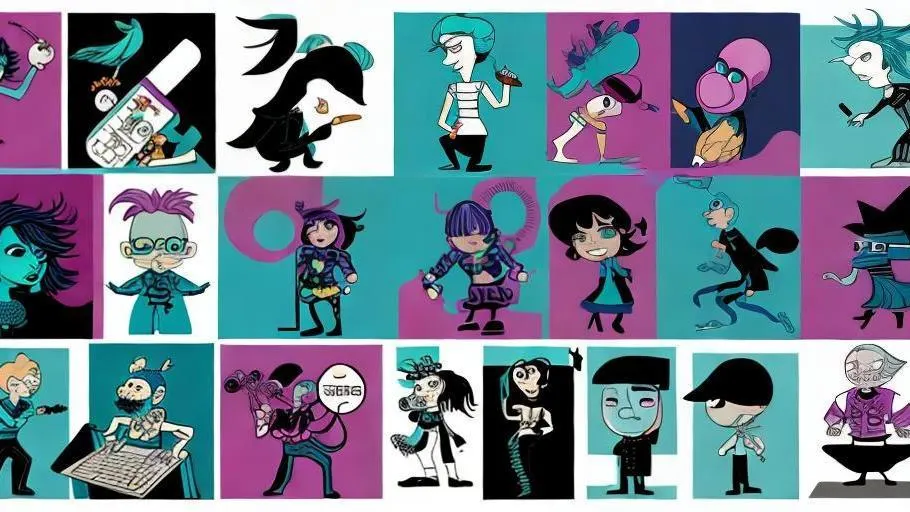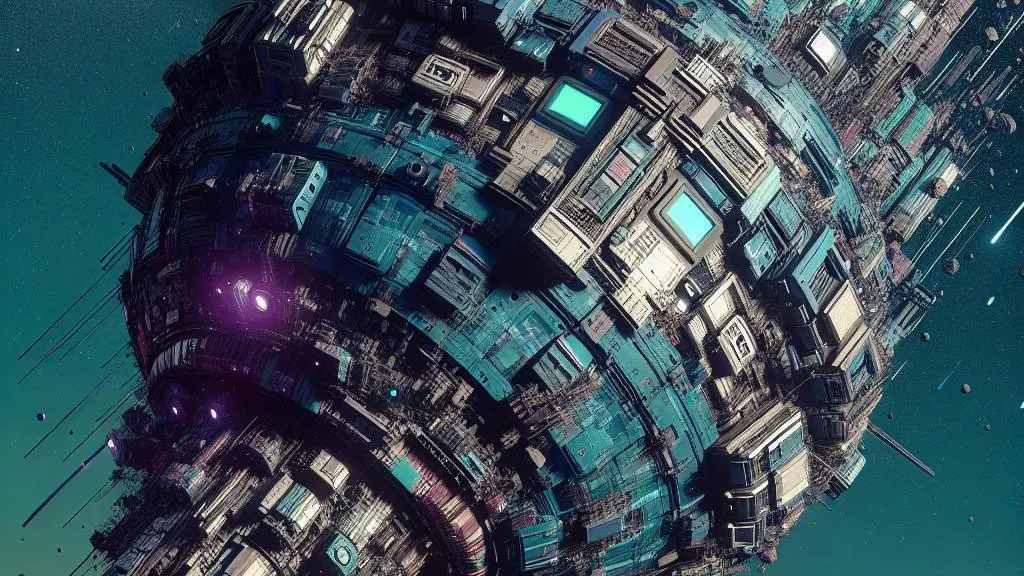Dive right in, folks! Let's embark on a thrilling journey of technological discovery, exploring the nooks and crannies of Artificial Intelligence (AI) and its disruptive influence on content creation, SEO, and website traffic. Ever felt bewildered by the hype around AI? You're not alone, my friends.
Small business owners, marketing managers, content executives, digital marketing entrepreneurs, lend me your ears. This ride is going to demystify the nuts and bolts of AI, unraveling how it can rewrite the rules of the game for your business or your client's ventures. From expediting bug fixes to predicting project delivery timelines, AI is a heavyweight champion, poised to transform the dog-eat-dog world of marketing. Pull up your socks and let's dive into this roller-coaster adventure together!
OpenAI’s recent launch of the generative pre-trained transformer 3 (GPT-3) platform holds immense implications for the future of tech, and especially for the field of software development. Not only will we need developers to build and maintain new machine learning systems, but we will also need professionals who can understand and leverage the power of these technologies to solve complex business problems.
AI: An Ally, Not a Threat to Programmers
Artificial Intelligence, rather than being a job-killing force, is more poised to act as an assistive tool for both experienced and entry-level programmers. Let’s take a closer look into how AI can play a cooperative role:
Bug Fixing: As demonstrated by AI-powered tools like DeepCode, a large number of bugs in the software can be detected and corrected with AI before the deployment phase. This reduces the number of exploits and vulnerabilities popping up post-manufacture, leading to improved code quality and program performance.
Programming Assistance: AI-powered tools such as ChatGPT can provide real-time coding support, such as suggesting the next words or symbols as the programmer types Python code. This reduces time and the risk of syntax errors.
Project Delivery Estimation: AI-powered project estimation tools like Functionize can help predict how long a new project will take, enhancing the accuracy of project delivery.
Code Optimization: AI-powered code optimization can help programmers write more effective code by analyzing code for performance and complexity. This leads to better software performance and reliability.
In essence, AI is not poised to supplant programmers, but to augment them. It will take over simpler, repetitive tasks such as bug fixing, allowing programmers to focus on more complex and creative tasks.
The Ethical, Societal and Economic Considerations
With discussions of AI potentially replacing certain jobs, the concerns about the ethical, societal, and economic outcomes are valid and real. On the one hand, we have AI, poised to automate several tasks, potentially leading to job losses, and affecting the economy negatively.
On the other hand, replacing programmers raises serious ethical and societal implications. For instance, AI, unlike humans, lack empathy, critical thinking, and creativity - traits critical in understanding the problem that software is designed to solve. Furthermore, everything AI does, from writing code to fixing bugs, is based on learned patterns. It lacks the ability to creatively solve a new problem or deviate from its trained patterns when dealing with complex tasks.
However, we stand to gain by pairing AI and human intelligence instead of choosing the former over the latter. A combination of human creativity and AI's computing power can accelerate and enhance problem-solving, leading to cost and time-efficient outcomes.
In a nutshell, AI’s capabilities are expanding. And while they might automate some parts of programming, they aren’t equipped to replace human programmers. If anything, AI will create new opportunities, ushering in an era where programmers can focus on what they do best: problem-solving, innovating, and creating. And that, in every sense, is progress.


